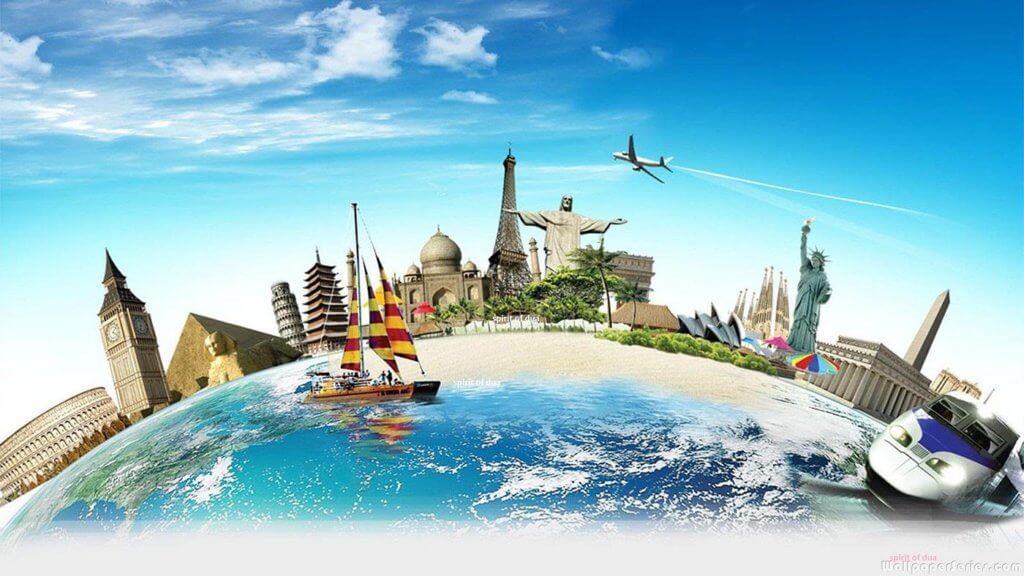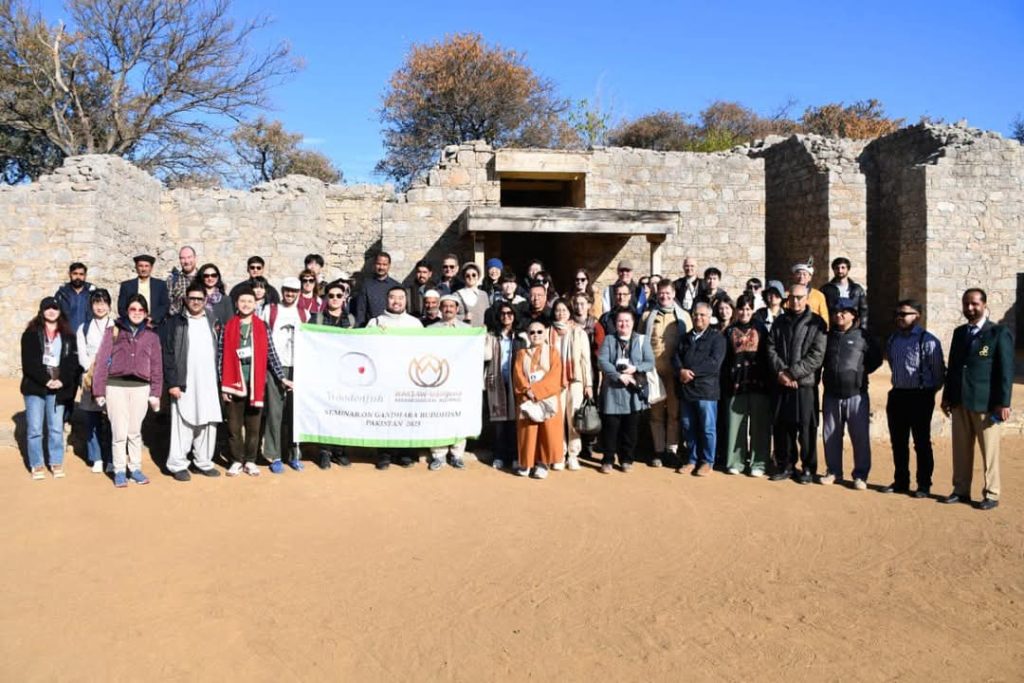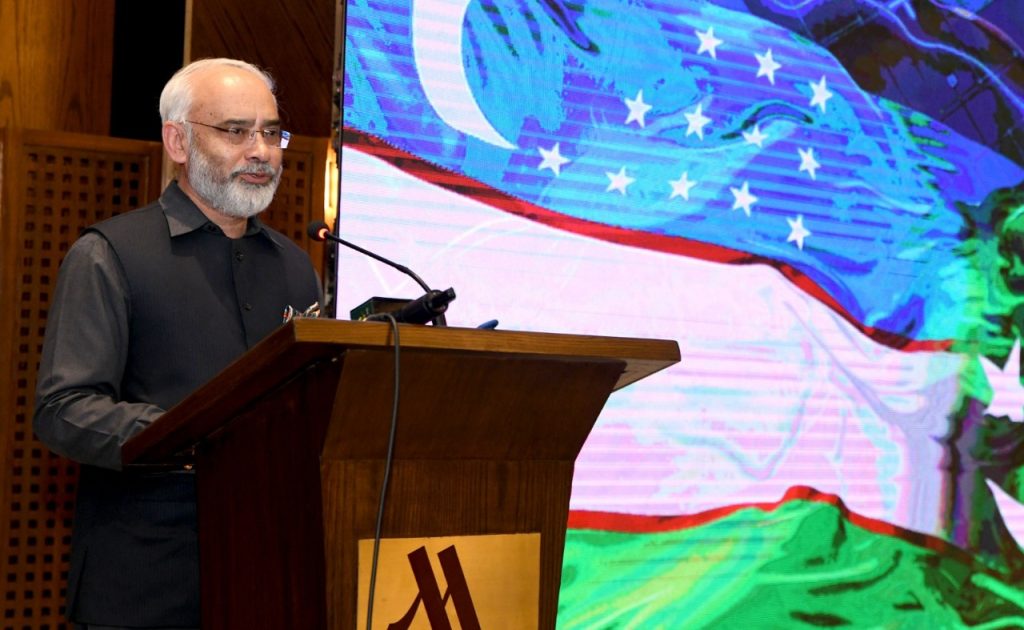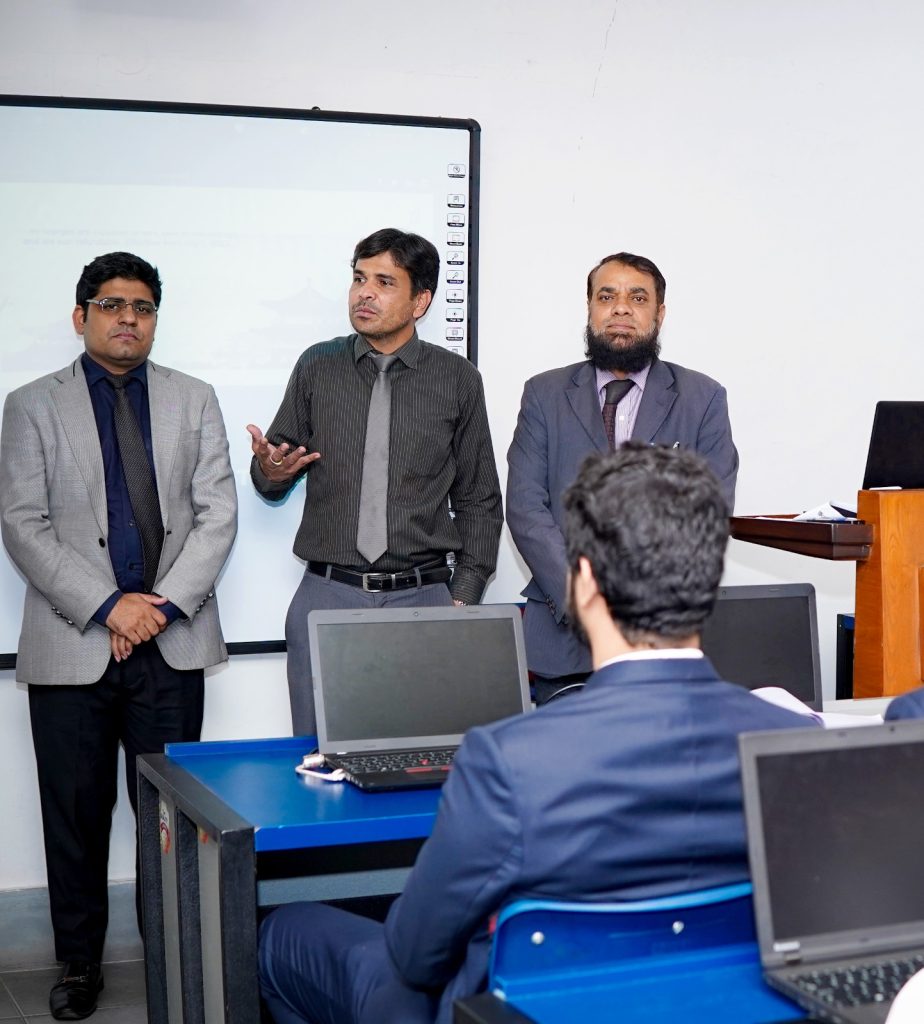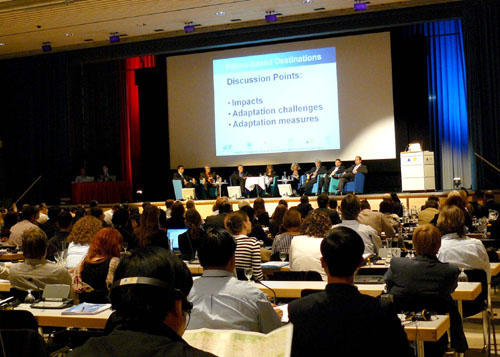As the global travel industry continues to rebound from the disruptions of recent years, 2025 promises to be a landmark year for tourism. Evolving traveler preferences, technological innovations, and a growing emphasis on sustainability are shaping a future filled with opportunity. Here’s an in-depth look at the key tourism trends for 2025 and how the industry can prepare to meet the expectations of tomorrow’s travelers.
- Sustainable and Regenerative Tourism
Sustainability is no longer a niche concept; it is a critical priority for travelers and industry leaders alike. By 2025, the focus will shift from merely minimizing environmental impact to actively contributing to the well-being of destinations. Regenerative tourism—where tourism activities enhance local ecosystems, culture, and economies—will gain traction.
What to Expect:
- Eco-conscious travelers will prioritize destinations and accommodations that demonstrate a commitment to sustainability, such as carbon-neutral resorts and zero-waste initiatives.
- Partnerships between governments and tourism operators will emerge to develop eco-friendly tourism infrastructure.
- “Voluntourism” experiences, where tourists actively participate in conservation or community-building projects, will grow in popularity.
How to Prepare:
- Invest in sustainable practices, such as renewable energy, water conservation, and waste reduction.
- Promote initiatives that support local communities, like sourcing supplies from local businesses or hiring locally.
- Incorporate educational programs that teach visitors about the environmental and cultural significance of the destinations they visit.
- Tech-Enhanced Travel Experiences
Technology continues to revolutionize the travel landscape, offering more seamless and personalized experiences. In 2025, artificial intelligence (AI), virtual reality (VR), and blockchain technologies will play pivotal roles in shaping how travelers plan, experience, and remember their journeys.
What to Expect:
- AI-driven tools will offer hyper-personalized recommendations for itineraries, accommodations, and dining.
- Virtual reality will enable travelers to preview destinations before booking, enhancing confidence and decision-making.
- Blockchain technology will improve security in travel transactions, from booking flights to verifying identity at border controls.
How to Prepare:
- Implement AI-powered chatbots and recommendation engines to improve customer service.
- Develop VR-based marketing tools to showcase experiences, such as guided tours of resorts or immersive cultural previews.
- Explore partnerships with tech companies to integrate blockchain solutions for secure and transparent transactions.
- Wellness Tourism Redefined
The wellness tourism sector, already valued at over $800 billion globally, is expected to reach new heights in 2025. Post-pandemic, travelers are increasingly seeking experiences that prioritize physical, mental, and emotional well-being.
What to Expect:
- Wellness retreats combining traditional practices like yoga and meditation with modern therapies such as sound healing and biohacking.
- A surge in demand for “forest bathing,” nature walks, and outdoor activities that connect travelers with the natural world.
- Integrative wellness offerings, such as on-site nutritionists and fitness experts in luxury resorts.
How to Prepare:
- Expand wellness-focused amenities, including spas, fitness centers, and meditation spaces.
- Collaborate with local practitioners to offer authentic, culturally rooted wellness experiences.
- Market wellness packages that appeal to solo travelers, couples, and corporate groups.
- Rise of “Bleisure” Travel
Blending business with leisure, “bleisure” travel has become a prominent trend as remote work and flexible schedules continue to gain acceptance. By 2025, this hybrid travel model will account for a significant share of bookings, especially among younger professionals.
What to Expect:
- Extended stays where business travelers add days or weeks to explore destinations after meetings.
- Increased demand for co-working spaces within hotels and resorts.
- Growth in family-friendly amenities as more professionals travel with their loved ones.
How to Prepare:
- Equip properties with fast Wi-Fi, private workspaces, and ergonomic furniture to cater to remote workers.
- Offer packages that include both professional and leisure activities, such as wellness breaks or adventure tours.
- Design flexible booking policies to accommodate longer stays or last-minute changes.
- Experiential and Cultural Tourism
Travelers in 2025 will place greater value on unique and authentic experiences, favoring meaningful connections over traditional sightseeing. This trend reflects a shift toward immersive tourism that emphasizes local culture, history, and traditions.
What to Expect:
- Demand for hands-on activities like cooking classes, art workshops, and cultural performances.
- Growth in niche tourism segments, such as agritourism, heritage tours, and indigenous tourism.
- Increased interest in “slow travel,” where visitors spend more time exploring fewer destinations.
How to Prepare:
- Partner with local communities to develop culturally enriching activities.
- Highlight authentic experiences in marketing campaigns, emphasizing storytelling and unique narratives.
- Train staff to provide insights into local traditions, history, and cuisine.
The tourism industry is poised for a transformative 2025, shaped by sustainability, technology, wellness, and a deeper appreciation for cultural authenticity. By focusing on innovation, inclusivity, and environmental stewardship, the industry can ensure that the future of travel is not only prosperous but also responsible and enriching for all.

